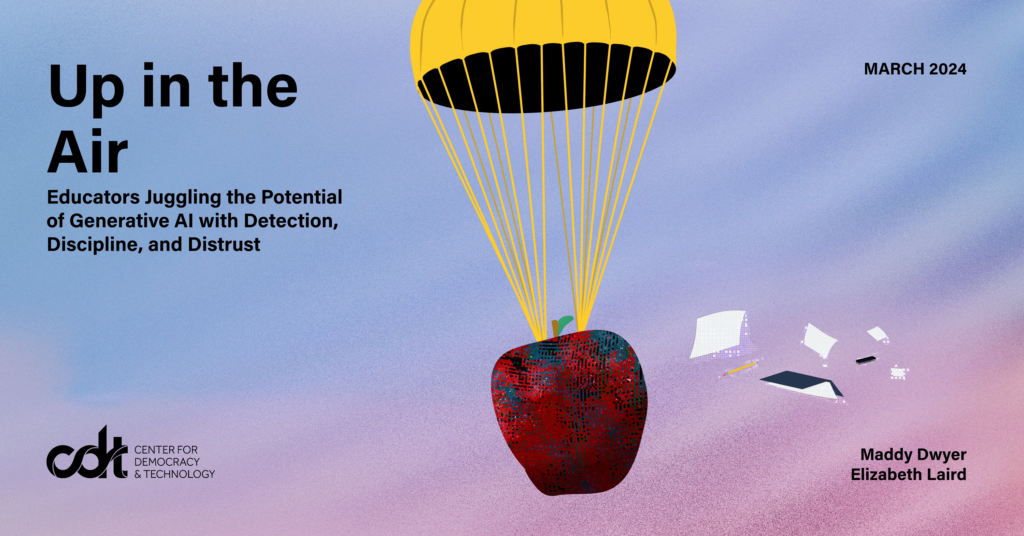CDT Comments to NTIA on Open Foundation Models
The Center for Democracy & Technology (CDT) submitted comments in response to the National Telecommunications and Information Administration’s (NTIA) Request for Comment, regarding the risks and benefits of, and potential policy approaches to, so-called “dual-use” foundation models for which the model weights are widely available, or as referred to in the RFC, “open foundation models.” Through this proceeding, required by section 4.6 of the U.S. Executive Order on the Safe, Secure, and Trustworthy Development and Use of Artificial Intelligence, CDT shared its perspective on how the NTIA should advise the President on whether and how to regulate such models.
These comments build on a recent joint letter to the Commerce Department from CDT and a wide range of expert civil society organizations and academic scholars, highlighting how substantial benefits may be lost, critical safety issues may be left under-addressed, and democratic values may be undermined, if the creation and publication of open foundation models are broadly targeted for regulation based on speculative risks.
Part I looks at the benefits of open foundation models, both by analogy to the history of open source software and by looking at recent AI developments, and concludes that they are likely substantial.
Part II considers the risks of open foundation models compared to closed models and other technologies like the internet–i.e., the marginal risks–and finds a need for more rigorous research into particular risks and their solutions.
Part III addresses policy approaches to open foundation models, with a focus on how the government can support critical field- and norm-building activities to clarify best practices around these risks, and how the government may need to tailor its policy interventions around open foundation models to satisfy the constraints of the First Amendment.


